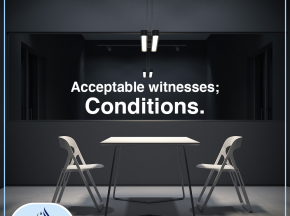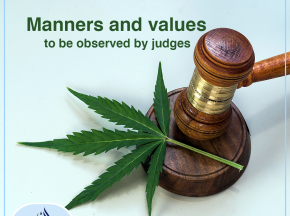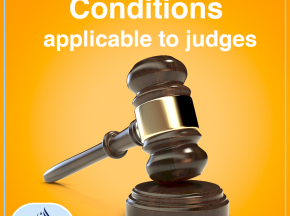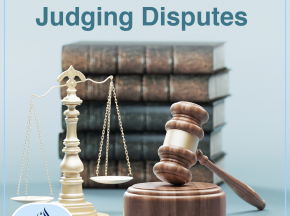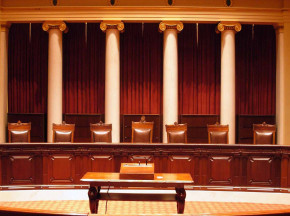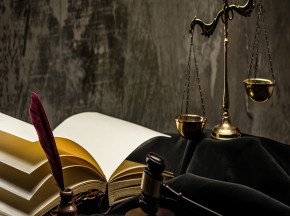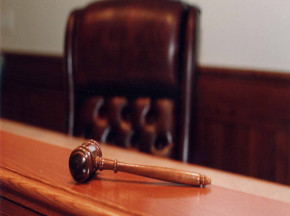content of level
Ruling on witnesses
The witness must be fully aware of what he is testifying. He may not testify to what he does not know.
Acceptable witnesses; Conditions
· Islam: The testimony of an unbeliever is unacceptable,· Adulthood and sanity· Speech: The testimony of a dumb person who cannot speak is unacceptable.· Accuracy and good memory,· Probity.· The testimony of a f siq, or transgressor, is unacceptable,
Testimonies
To bear witness that pertains to the rights of human beings is a collective duty. If anyone is needed to bear testimony in order to clarify the rights of the parties in a particular dispute, then it is the duty of that person to give testimony. Allah says: ‘Witnesses must not refuse when they are called in’ (2: 282). To Give testimony is a duty: Allah says: ‘You shall not withhold testimony, for he that withholds testimony is sinful at heart’ (2: 283).
Manners and values to be observed by judges
Manners and values to be observed by judges.
Conditions applicable to judges
Islam: To be a Muslim is one of the essentials of probity and integrity.
Judging Disputes
Qadaa giving a ruling according to Islam and making it binding on people, so as to settle disputes and end quarrels The Muslim ruler must appoint judges as the needs of the community dictate, so that people’s rights are secured and injustice is removed. In the Qur’an Allah says: ‘David! We have made you a vicegerent on earth: judge, then, between people with justice, and do not follow vain desire, lest it leads you astray from the path of Allah’ (38: 26).
Learn Fiqh with Al-Hakeem | Testimonies and witnesses
In this Lecture, Sh. Assim Al-Hakeem discusses and explains the Testimonies and witnesses. This course will cover all the practical rules that every Muslim, man or woman, should know, citing their bases in the Qur’an and the Sunnah.
Learn Fiqh with Al-Hakeem | Judging Disputes and Testimonies
In this Lecture, Sh. Assim Al-Hakeem discusses and explains the Judging Disputes and Testimonies.
Learn Fiqh with Al-Hakeem | Judging Disputes and Testimonies – part two
In this Lecture, Sh. Assim Al-Hakeem discusses and explains the Judging Disputes and Testimonies – part two.
Rulings pertaining to the testimony
Islam has established rulings pertaining to testimony to insure achieving justice and eliminate the possibility of favoritism or oppression. Islam considers perjury as a cardinal sin. The article discusses this in detail.
Acceptable witnesses
There are certain conditions required in a witness: Islam, adulthood and sanity, speech, accuracy and good memory, probity. Testimony of people of earlier divine religions is acceptable in certain cases.
Testimonies and witnesses
Giving testimony pertaining to the rights of human beings is a collective duty, witnesses must not refuse when they are called in. it is an obligation if one is summoned to testify which confirms Islam's protection of rights.
Manners and values to be observed by judges
Certain values must be observed by judges. Anything that may blur the judge's fairness should be avoided whether anger, fear, etc. Rulings have to be based on the Quran, and Sunnah, unanimity, Ijtihad, or a fatwa by a qualified Mufti.
Conditions applicable to judges
Islam stipulates certain conditions in judges to assume their positions such as: Islam, sanity and adulthood, probity, sound constitution, Knowledge of the Quran and Sunnah, and a degree of scholarship to exercise Ijtihad.
Judging Disputes and Testimonies
The basis of the justice system is the Qura'n, Sunnah and unanimity of scholars. It is important to appoint judges to settle disputes which earn great reward from God because it supports rights and combats corruption.


